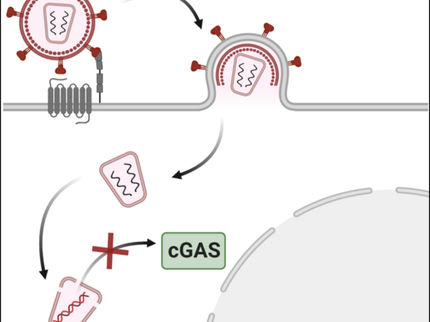CytRx reports successful completion of phase I HIV Vaccine clinical trial
Data Indicates Favorable Safety and Immune Responses
Advertisement
CytRx Corporation announced completion of the Phase I clinical trial of the novel HIV DNA + protein vaccine that it has exclusively licensed. Analysis of the unblinded data confirmed previous preliminary conclusions that the HIV vaccine formulation DP6-001 was generally well tolerated in volunteers receiving lower vaccine doses and was effective at eliciting both HIV-specific T-cell and antibody immune responses. A summary of the Phase I trial results will be filed with the U.S. Food and Drug Administration (FDA) in August 2006 and manuscripts that provide additional detailed results are being prepared to submit for publication in peer-reviewed journals and presentations at scientific conferences.
DP6-001 was developed by researchers at University of Massachusetts Medical School (UMMS) and Advanced BioScience Laboratories (ABL), and exclusively licensed to CytRx. The vaccine initially "primes" the subject's immune system through the injection of DNA that causes the subject's own cells to produce the HIV "envelope" and "gag" proteins, followed by protein "boosts" from an injection that contains the corresponding HIV envelope proteins.
"We are very encouraged that analysis of the unblinded data confirms that DP6-001 is among the first experimental HIV vaccines to produce antibody responses with neutralizing activity against multiple HIV strains in humans," said Steven A. Kriegsman, President and CEO of CytRx. "The favorable priming of T- and B-cell immune responses to the vaccine also raises hope that this approach may produce a "memory" immune response that may be sufficiently robust to protect against the HIV virus over time."
DP6-001 is composed of a polyvalent DNA primer followed by a multivalent gp120 protein boost. The HIV vaccine formulation is based on multiple strains of HIV collected from infected people living in different parts of the world, representing five different strains of the virus. The vaccine contains elements from selected HIV genes, not the live virus, and therefore individuals receiving inoculations cannot get HIV from the vaccine.





















































